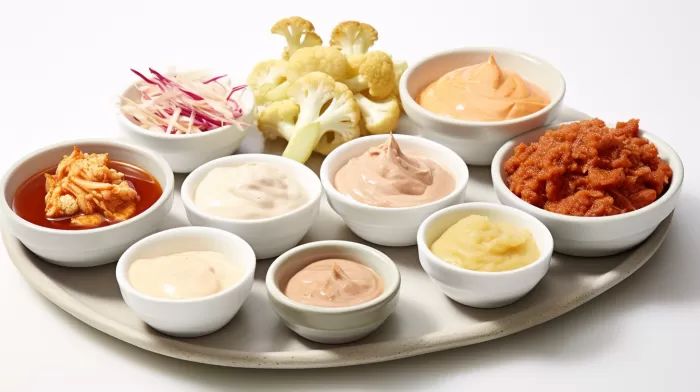Growing up, we were often taught that bacteria are bad, and to avoid bacteria, we washed our hands frequently, took antibiotics, and generally did everything possible to steer clear of these “dangerous” microbes. However, new research shows we have trillions of bacteria colonizing our bodies. Termed our “microbiota,” these organisms perform many functions, including digestion, immunity, metabolism, and even mood. Only a small amount of them are considered potentially harmful, but harm only comes if they’re allowed to get out of balance.
The Importance of Bacterial Diversity
Research indicates that having the right bacteria in place can make a huge impact on health. Specific microbes may help reduce inflammation, fight autoimmune disorders, and combat conditions like diabetes, heart disease, allergies, and asthma. However, we seem to be upsetting the careful balance of our microbiota in various ways, – overusing antibiotics, keeping our environments squeaky clean with chemical solvents, eating a highly processed “Western” diet, and exposure to herbicides and genetically modified organisms (GMOs).
The Role of Gut Microbes in Health
Scientists who have studied the microbiota in indigenous cultures have found more variety in their gut microbes. These people tend to eat a lot of fruits and vegetables and less meat – a diet plan recommended for decades. Additionally, we should be eating fermented foods such as kimchi, sauerkraut, miso, kefir, yogurt, and many others which are full of beneficial bacteria.
Processed foods offer no nutritional value and may starve our favorite, most beneficial microbes. The various chemicals and additives used in these food products may also harm probiotic bacteria. A diet high in fiber helps to build a foundation for healthy microbiota in the digestive tract, with raw cabbage being a top recommendation.
Supporting Gut Microbes with Supplements
In addition to eating probiotic-rich, fermented foods, a high-quality probiotic supplement can support numerous areas of health by helping to populate the digestive tract with beneficial bacteria. Prebiotic supplements, such as fructooligosaccharides (FOS), can be incorporated as a food source for the beneficial microbes.
For the removal of toxins, pesticides, and other pollutants that harm friendly microbes, modified citrus pectin (MCP), derived from the pith of citrus fruits, is recommended. MCP is shown to safely remove heavy metals and toxins, boost immunity, and block the pro-cancer, degenerative effects of an inflammatory protein called galectin-3 throughout the body.
For immunity, medicinal mushrooms are an excellent choice. They energize individual immune cells and help train the immune system to better respond. This can be especially helpful when treating allergies and autoimmune reactions, as they also help detoxify the body of harmful pollutants. For overall digestive health, a comprehensive digestive formula that includes pomegranate seed, lesser galangal root, black pepper fruit, cinnamon, and Chinese cardamom extract, as well as other traditional Chinese herbs and nutrients is advised. Improving digestion helps keep our beneficial bacteria healthy and happy.
We are just scratching the surface on our understanding of the complex human microbiota, but the research findings reinforce a holistic approach to overall health. Stay away from processed foods, antibiotic soaps, and non-organic foods, and take antibiotics only when absolutely necessary. Nourish your friendly microbes with a diverse array of whole foods, including fresh fruits, vegetables, cultured foods, and targeted supplements, and the health benefits may be as vast as our own internal ecosystems.



